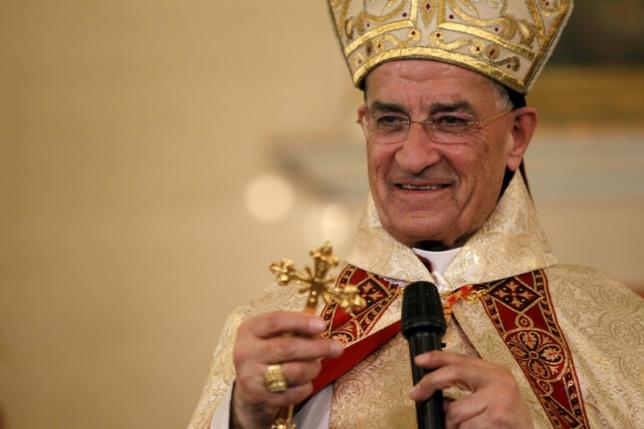
Reuters
Lebanon’s Maronite patriarch on Saturday urged the political factions to elect a new president, effectively throwing his weight behind a power-sharing plan that would make an ally of Syria’s Bashar al-Assad head of state.
The head of the Maronite Christian community, Patriarch Beshara al-Rai, met leaders of Christian political parties this week, including the touted candidate Suleiman Franjieh, after Saudi Arabia lent its backing to the plan.
"I call on the political blocs to move responsibly, objectively and mindfully toward this new, serious initiative in order to elect a president," he said at a mass north of Beirut and quoted by Lebanon’s National News Agency.
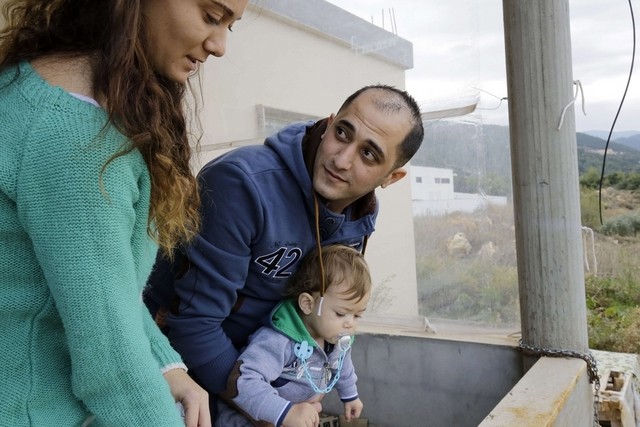
Lebanese soldier George Al Khoury, who was kidnapped by militant groups in August 2014 in the eastern border town of Arsal, stands with his wife and one of their two sons at their house on December 2. AFP Photo
AFP
KOBAYAT, LEBANON // Lebanese soldier George Al Khoury cried for days after Al Qaeda executed a fellow captive during one of the lowest points of his 16-month ordeal as a hostage of the group.
Now back home in northern Lebanon, he can barely believe he is free and safe.
“My God, how long I’ve waited to see my son Michael,” he says in the living room of his home in Kobayat, with his mother, his wife and their second son Andrew seated around him.
The 30-year-old was among several dozen Lebanese police and soldiers kidnapped by Al Qaeda’s Syrian affiliate Jabhat Al Nusra and ISIL from the border town of Arsal in August 2014.
After months of failed negotiations and desperate pleas from their relatives, Al Nusra last week freed the 16 captives it held in exchange for the release of prisoners in Lebanese jails and aid.
Mr Al Khoury joined the army in 2004, to reluctantly fulfil his compulsory service, but stayed on after landing an easy posting at a military hospital.
By: Al-Araby al-Jadeed & agencies
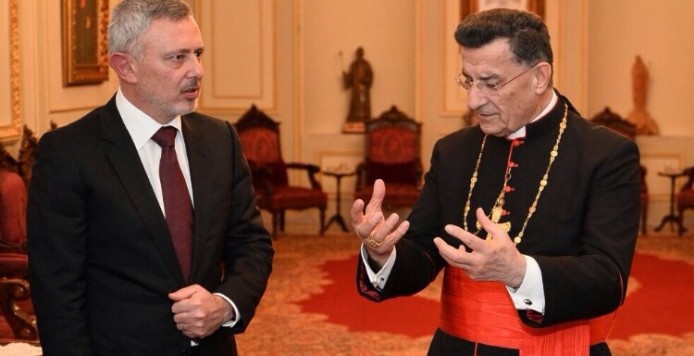
Sleiman Frangieh, the 50-year-old Lebanese lawmaker is being talked about as a credible presidential candidate under an emerging deal that could end the country’s 18-month-long political crisis.
After months of political bickering that brought the Lebanese state to near complete paralysis, former Prime Minister Saad Hariri tossed Frangieh’s name in the ring following a meeting between the two men in Paris two weeks ago.
For a year and a half since President Michel Suleiman stepped down after his six-year-term ended, Lebanon has been without a head of state as lawmakers repeatedly failed to agree on a consensus president.
According to the country’s power-sharing system, the president must be a Maronite Christian, the prime minister a Sunni Muslim and the parliament speaker a Shia Muslim.
The two main party blocks continued to reject each other’s presidential candidates, despite 32 parliament sessions called for by Parliament Speaker Nabih Berri to elect a president
The deadlock and paralysis reached its peak during the summer, when the country was shaken by the largest protests in years over the government’s inability to find a solution to Lebanon’s ongoing trash problem.
The demonstrations quickly developed into protests against the entire political establishment.
Nazih Siddiq, John Davison and Walid Saleh
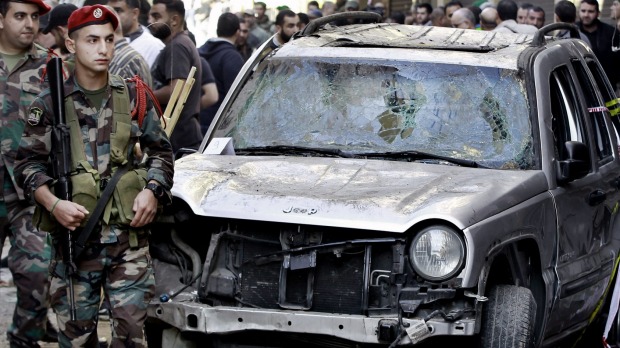
Reuters
Beirut: A suspected Islamist militant killed himself and two members of his family in northern Lebanon on Saturday when he blew himself up during an army raid on his home, security and medical sources said.
The army has carried out a series of raids since two suicide bomb blasts claimed by Islamic State killed 44 people in a crowded commercial and residential area of Beirut last month.
Saturday’s operation took place in the town of Deir Ammar, north-east of the city of Tripoli. The explosion killed the wife and mother of the suspect, whose name was Mohammed Hamzeh, a security source said.
The source said Hamzeh was part of a group that had pledged allegiance to Islamic State.
At least 10 other people were wounded in the blast, including four security personnel.
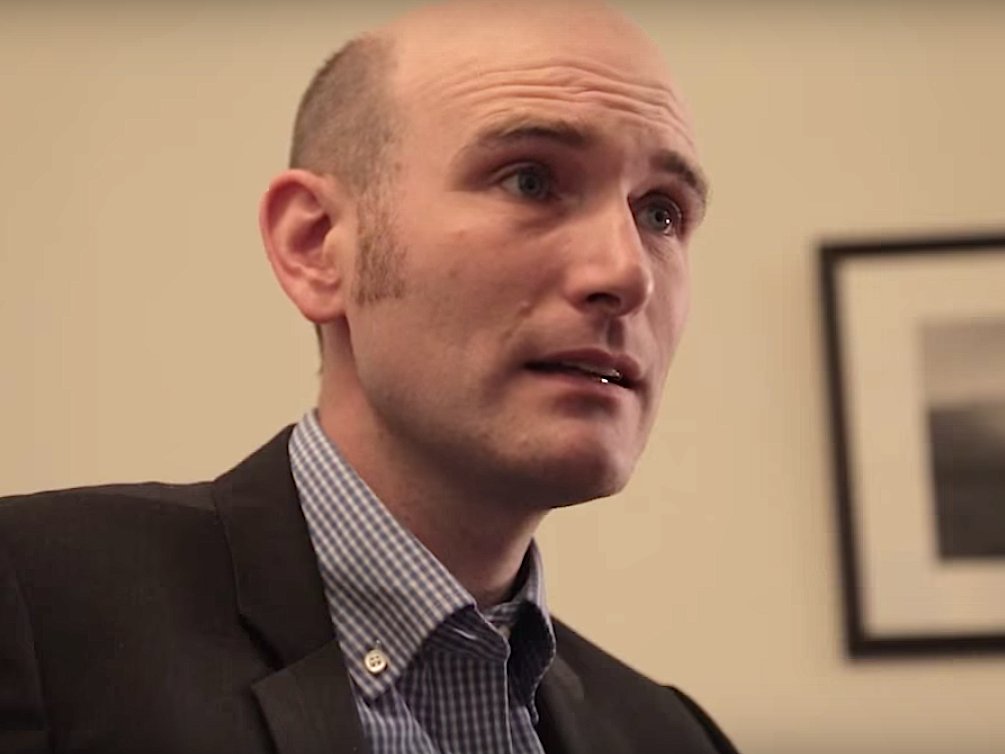
A French journalist who was held hostage by Isis for 10 months has spoken out against air strikes in Syria, saying they represent “a trap” for Britain and other members of the international community.
Speaking in an interview with The Syria Campaign, Nicolas Henin put forward his strategy for combatting the militant group – a no-fly zone in opposition-held areas of Syria.
Mr Henin has previously spoken about how he was held for seven months in Syria itself, and how British national Mohammed Emwazi – known as Jihadi John – was among the jailors who subjected him to physical and psychological torture.
"Strikes on Isis are a trap,” he said.
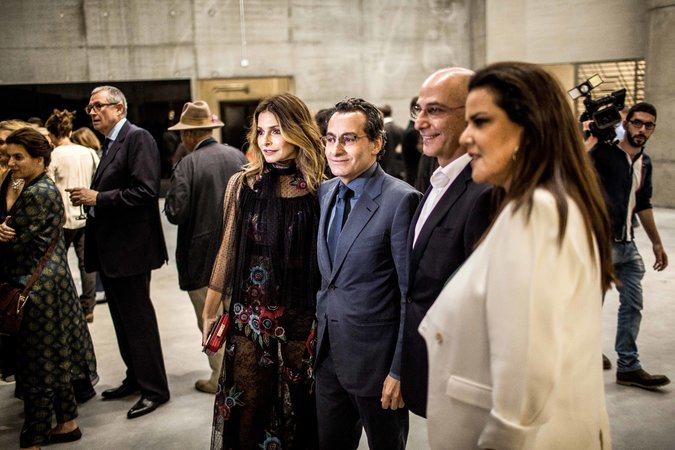
Tony Salamé, center, and his wife, Elham, left, at the opening of the Aishti Foundation in Beirut
BEIRUT — On a warm evening this fall, the cultural scene here was in full bloom. Members of the international art world, Lebanese government ministers and fashion executives had gathered to celebrate the grand opening of the Aishti Foundation, a private museum showcasing the growing contemporary art collection of Tony Salamé, the founder of Aishti, a Lebanese luxury retailer.
The star power burned bright. The architect David Adjaye had designed a $100 million building with a facade of red ceramic tiles, combining a high-end mall and a separate exhibition space. Massimiliano Gioni, the artistic director of New York’s New Museum, curated the inaugural show of abstract art. Mr. Salamé, 48, in a soft blue suit, mingled while his elegant wife, Elham, glided across the mall’s black-and-white zigzag marble floors in a revealing black-and-red dress with a long train.
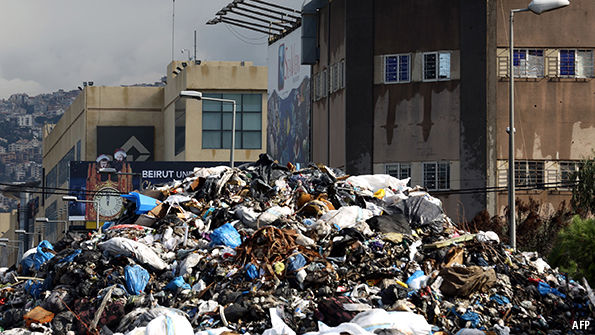
WHEN is a crisis really a crisis in Lebanon? It can be hard to tell. With the country’s vibrant commerce, entrepreneurial buzz and relatively liberal social scene, it can be easy to overlook the rot underneath. The tiny nation of 4m regularly goes for stretches without a functioning government. Since the civil war ended 25 years ago residents have endured power shortages and woeful public services. And things are getting worse.
On the country’s Independence Day on November 22nd, marking 72 years since French rule ended, protests, which had just about ground to a halt after a summer high, drowned out the celebrations. Lebanon broke its own record for longest period without a president—546 days. Local papers now use the plural, writing of the country’s “crises” rather than “crisis”.
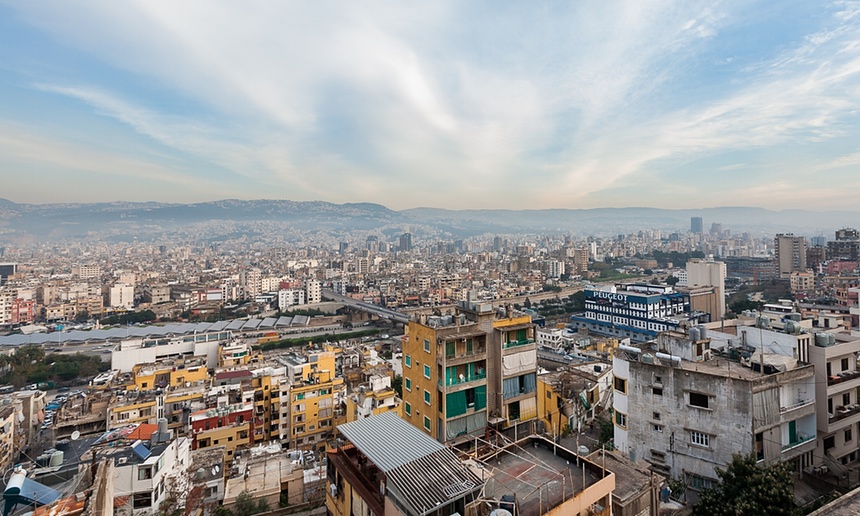
By Jenny Gustafssonthe Guardian.com
It’s Saturday afternoon in Beirut and the streets are unusually crowded. A street art event has invited people to one of the city’s old stairways, and a girl at the bottom of the stairs is giving directions over the phone: “You know that small corner shop with the sleeping dog outside? That’s it, I’m here.”
She hangs up her phone, sits down and waits beside an old golden retriever that is, indeed, asleep in the sun; her simple directions, a short reference to a neighbourhood shop, apparently more than sufficient.
Try to locate any place in the Lebanese capital and this, typically, is what you will hear: details and places, not the names of streets or their numbers. Whether visiting a friend for the first time or trying to find someone’s office, the best bet is always to find landmarks, not official addresses – they may exist, but probably won’t be of much help anyway, because no one really uses them.
Saudi Ambassador in Lebanon Reuters, Saudi Arabia backs a Lebanese proposal that would result in Suleiman Franjieh becoming president of Lebanon after an 18-month presidential vacuum, and hopes it will happen soon, the Saudi ambassador to Lebanon said on Thursday. "The initiative is a Lebanese one, not a Saudi one, and we bless it and […]
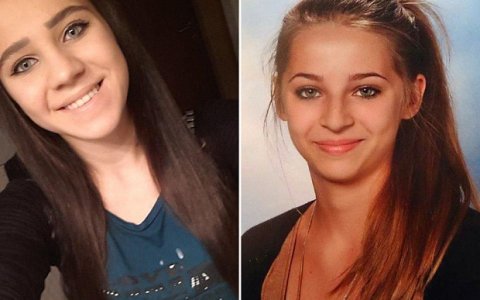
A 17-year-old Austrian girl who went to Syria to join the Islamic State (Isis) is reported to have been beaten to death after attempting to flee from the militant group’s base in Raqqa.
Samra Kesinovic and Sabina Selimovic, both of Bosnian heritage, disappeared from their homes in 2014, leaving a note for their families which read: "Don’t look for us. We will serve Allah and we will die for him."
Samra and Sabina travelled to Syria via Turkey after allegedly being brainwashed by Bosnian Islamist preacher Ebu Tejma in Vienna.



